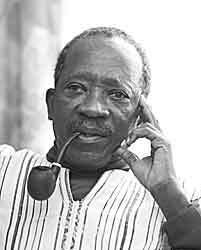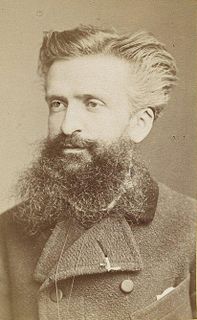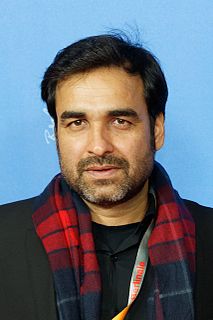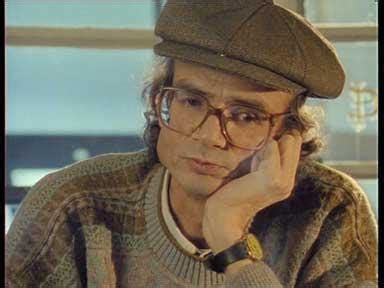A Quote by Jean-Luc Godard
The history of cinema appears to be easy to do, since it is, after all, made up of images; cinema appears to be the only medium where all one has to do is re-project these images so that one can see what has happened.
Related Quotes
I think cinema is needed throughout Africa, because we are lagging behind in the knowledge of our own history. I think we need to create a culture that is our own. I think that images are very fascinating and very important to that end. But right now, cinema is only in the hands of film-makers because most of our leaders are afraid of cinema.
I've seen films that have made as much as $100, $200 million, but they're not films. They're images. They're flashes. They're many beautiful images, lots of things to look at. They capture you. But it's not a film. It's not something that involves you in a story. They go to cinema now to be blown away by the effects.
Narrative, fiction filmmaking is the culmination of several art forms: theater, art history, architecture. Whereas doc filmmaking is more pure cinema, like cinema verité is film in its purest form. You're taking random images and creating meaning out of random images, telling a story, getting meaning, capturing something that's real, that's really happening, and render this celluloid sculpture of this real thing. That's what really separates the power of doc filmmaking from fiction.
A crowd thinks in images, and the image itself calls up a series of other images, having no logical connection with the first...A crowd scarcely distinguishes between the subjective and the objective. It accepts as real the images invoked in its mind, though they most often have only a very distant relation with the observed facts....Crowds being only capable of thinking in images are only to be impressed by images.
I am myself a professional creator of images, a film-maker. And then there are the images made by the artists I collect, and I have noticed that the images I create are not so very different from theirs. Such images seem to suggest how I feel about being here, on this planet. And maybe that is why it is so exciting to live with images created by other people, images that either conflict with one's own or demonstrate similarities to them.
Just look at the cinema itself: It's comprised of lots of movies about graphic novels, and if you're not 20 years old and wearing a cape and a mask and white, you're out of business. Today's cinema is a proliferation of comedies, which are in some ways creating caricature images. They're one-dimensional.
. . . you [film critics] always overstress the value of images. You judge films in the first place by their visual impact instead of looking for content. This is a great disservice to the cinema. It is like judging a novel only by the quality of its prose. I was guilty of the same sin when I first started writing for the cinema. . . . Now I feel that only the literary mind can help the movies out of that cul de sac into which they have been driven by mere technicians and artificers.





































